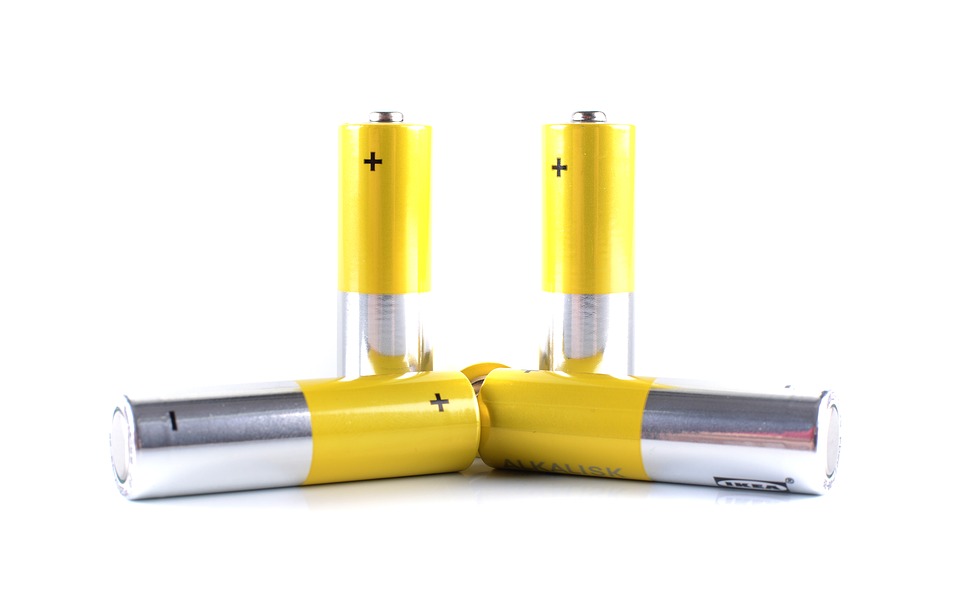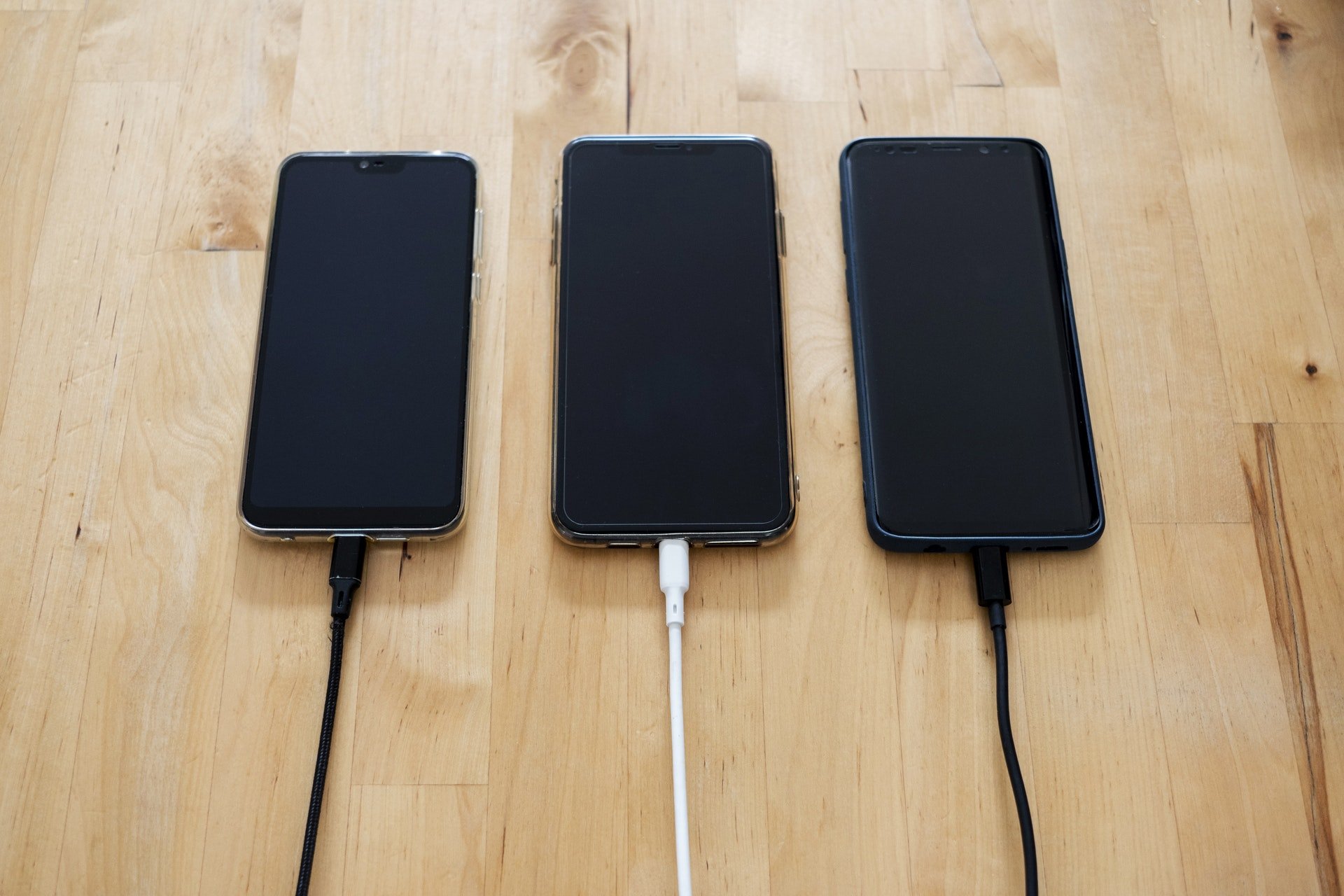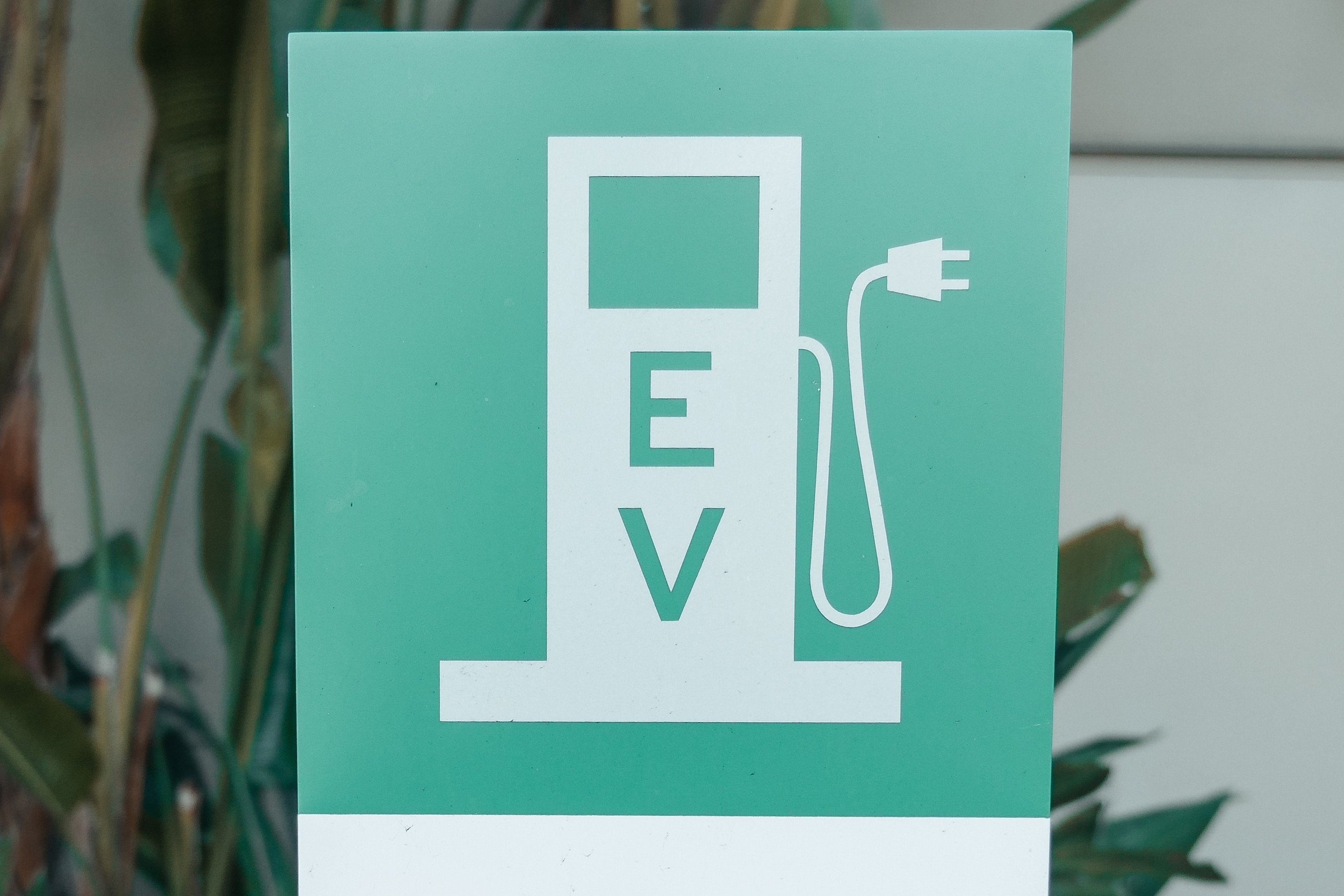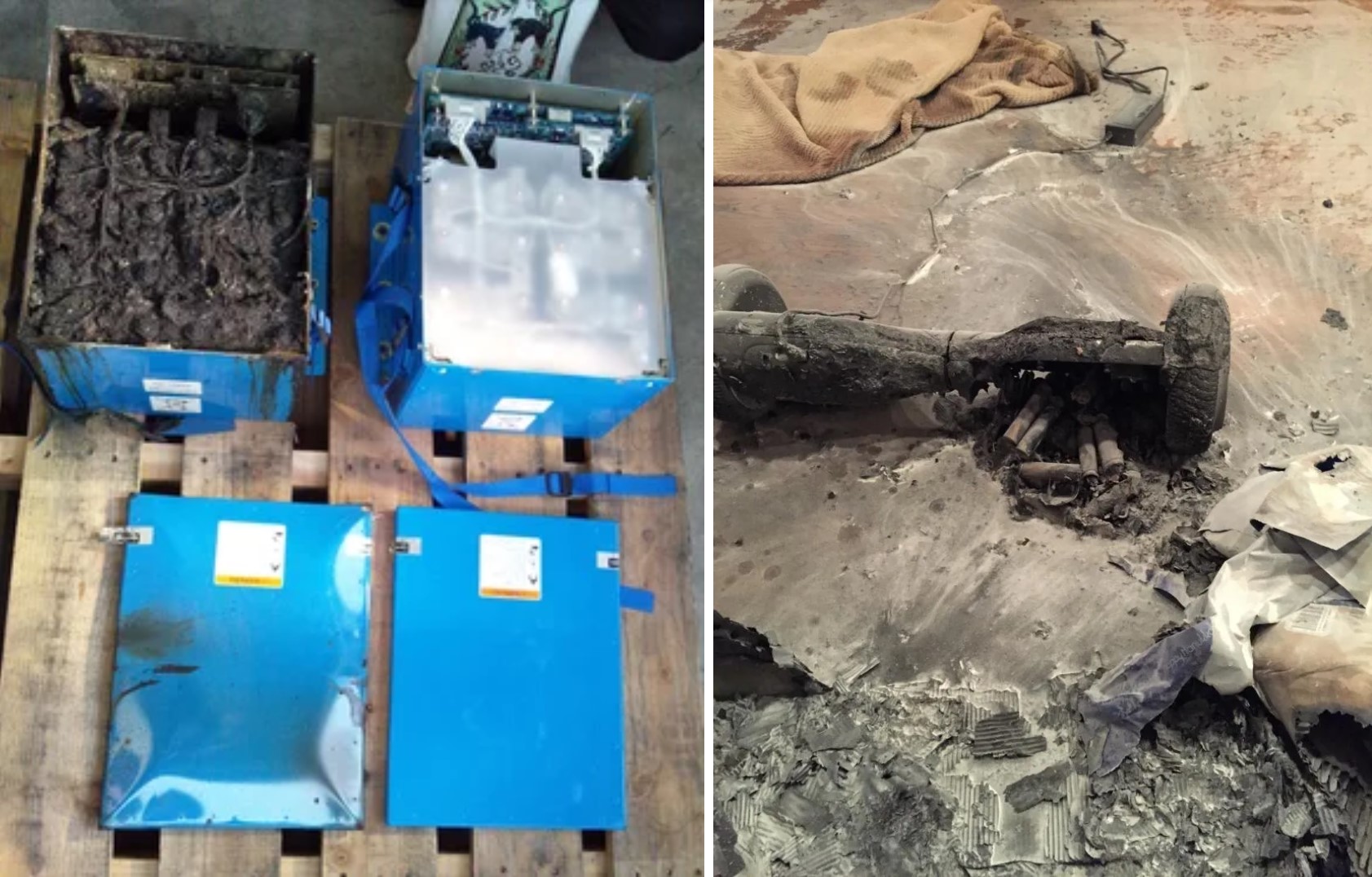
Collecting battery test data can be resource-intensive, especially if your organization lacks a robust in-house battery testing lab. Because of this, many brands and manufacturers would prefer to rely upon the standard battery datasheet — provided by the maker or supplier of cells and battery packs — when selecting a battery for a product.
There are at least three major problems with this approach:
- The sheet is biased towards data that will be favorable to the maker/supplier.
- The written spec gives only brief, fragmented information based on limited sample sizes.
- Much of the sheet may be boilerplate (based on industry standard formats & info — not the application-specific data you need).
The bottom line is that a simple battery specification sheet lacks the transparency, detail, and independence required to truly inspire your trust or inform your decision. Since most suppliers are not willing to provide deeper insights or more complete battery datasets, you’re left to your own devices.
Will you conduct your own battery tests? Hire an independent battery testing lab? Whatever the approach, the goal is to collect sufficient, trustworthy battery test data in a lab that’s not owned and controlled closely by the battery manufacturer or supplier.
Is in-house battery test data worth the cost?
It isn’t easy these days to build out a full-scale in-house battery testing laboratory. Up-front capital requirements are high, lead times for the necessary equipment are getting longer and longer, and the long-term fixed costs are substantial.
Equipment is not the only cost-sink you must account for, either. The expenses associated with sourcing, compensating, training, and retaining highly skilled testing personnel should be carefully considered before investing in expanded in-house testing capabilities.
New battery chemistries and technologies continue to emerge. Is it worth devoting resources to pioneering new test protocols (where none yet exist) and continually training internal personnel on evolving battery safety regulations? If you are confident that your need for in-house test capacity will remain high (and steady) and the risk of underutilized equipment will remain low, it may be worth it. Many organizations prefer another alternative: an independent testing lab.
Why work with an independent battery lab partner?
Trusted 3rd party labs put reliable and complete battery data into your hands. An independent battery testing lab offers built-in expertise, plug-and-play capacity, and a complete menu of testing services — without commitment to the high fixed costs of in-house testing.
When the supplier’s battery datasheet isn’t enough, an independent lab can help you acquire the precise, custom battery datasets that you need.
- Focused Testing: Your partner works exclusively on custom testing that goes beyond the battery datasheet — all day, every day. Conduct extensive tests on a short timeline without needing to build out in-house testing infrastructure.
- Comprehensive Services: Whereas the battery datasheet includes only limited, basic info, a third-party lab gives you the freedom to hand-select test services from a wide range of regulatory, performance, safety, and engineering capabilities. Acquire the specific, detailed data you need.
- Transparency & Trust: Stay 100% in the loop throughout the testing process with a battery testing partner that’s committed to complete transparency. Energy Assurance leverages the Battery Intelligence software tool from Voltaiq to provide our partners with instantaneous feedback in an easy-to-understand format in real time, as tests are completed.
Lab costs are always rising. Outsourcing your battery testing process gets you beyond the supplier’s battery datasheet while keeping internal resources focused on R&D and IP development. A battery testing partner like Energy Assurance represents a cost-effective and customizable alternative that suits your precise needs. Schedule a consult with our team today to learn more about our comprehensive test capabilities.







